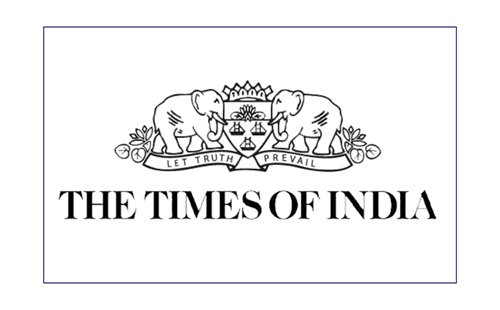Prime Minister Narendra Modi’s Independence Day pitch for freeing India from single-use plastics won backing from even opposition parties, a sign of wide-ranging consensus on this silent scourge choking Earth. There is no doubt that plastics offer immense benefits in daily life. Yet, estimates of 12 billion tonnes of poisonous, carcinogenic plastic waste litter by 2050 in landfills/ soil/ water bodies and entering animal, avian, marine and human food chains causing disease and premature deaths calls for isolating plastic’s most frivolous uses. Single-use plastics like grocery bags, milk and chips packets, shampoo and ketchup sachets – rampant and of too poor quality to recycle or reuse – fits this bill.
Humanity cannot afford such luxuries anymore and must change course. Based on a 2015 CPCB study, it is estimated that India produces 25,490 tonnes of plastic waste daily. A city like Delhi generating 690 tonnes plastic waste daily recycles only 10% of it. CPCB also found 80% of plastics went into packaging; packaging accounts for 50% of global plastic waste. It is a pandemic and India can take cues from global attempts at bans, levies, incentives for industry to recycle and promotion of alternatives like cloth bags.
A 2018 UNEP report offers a wealth of information for policy makers on regulation of single-use plastics. India’s own Plastic Waste Management Rules, 2016, bans plastic bags less than 50 microns in thickness but are dogged by weak enforcement and continuing popularity of plastic bags among retailers and consumers, cheap for the former and virtually free of cost for the latter. Imposing levies on plastic bags for consumers, successful in many developed countries, is tricky in India given how push cart vendors and mom-and-pop stores also qualify as retailers and are outside the tax net.
The UNEP report lauds Rwanda for a successful ban and notes that Denmark and Portugal’s levies on suppliers forcing them to pass this on to retailers and consumers triggered a 50-75% drop in plastic bag sales. The Indian context also requires innovations like dry/ powdered shampoos in paper sachets and incentives even for ragpickers who do yeoman service in segregation of solid waste for precious little and at great personal health risk. India’s per capita generation of plastic waste might pale before the developed world but the absolute numbers are forbidding. Left unaddressed, future generations condemned to ingest microplastics will look at our generation as harbingers of ecological disaster.




